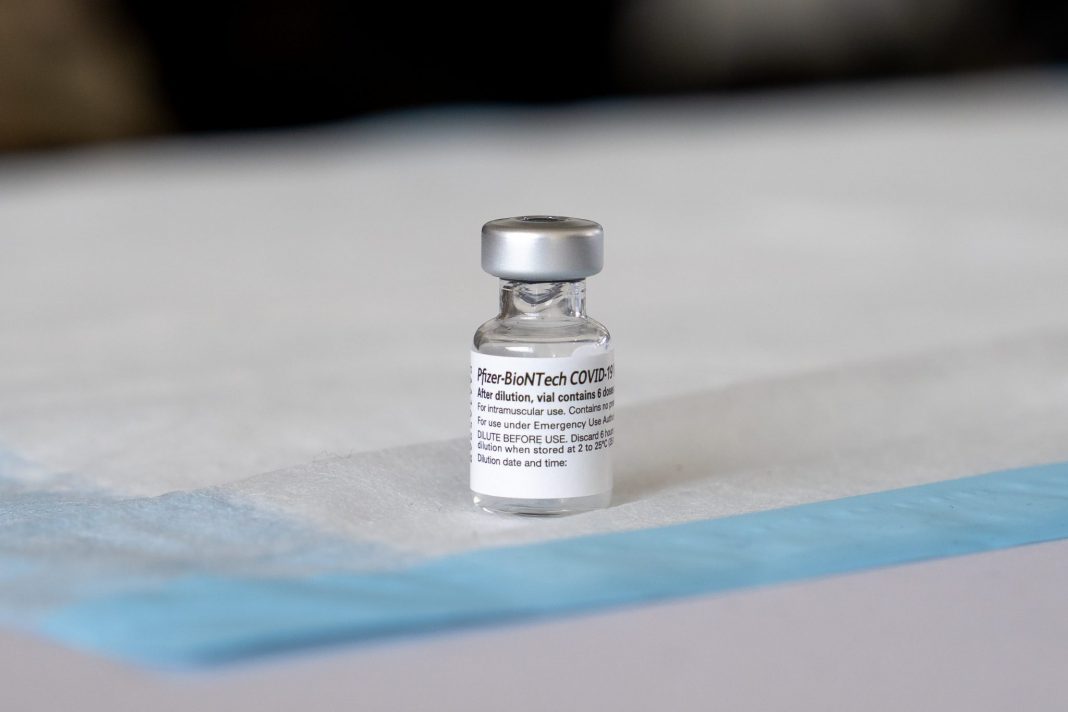
After spending the last academic year at home because of travel restrictions stemming from the pandemic, University of Miami’s Chinese students returned to campus this fall only to find out that some vaccinations they received in their own country did not match UM standards.
Haoyu Jiang, a sophomore economics major, said Chinese families were confused about UM’s vaccine policy. UM did not address if Chinese vaccine brands would be accepted and if certification of the vaccine produced by China would be denied, Jiang said.
“Based on this situation, my family and I couldn’t decide whether to return to school or take a one-year suspension because it is impossible to inject vaccines from different company’s multiple times in a short period,” Jiang said.
But Dr. Emilio G. Volz, director of the Student Health Service, said two months before all international students returned to school, the university sent an email to inform the students that all vaccines certified by the World Health Organization could pass the school’s requirements, Volz said.
Approximately seven vaccines are currently produced in China, three of which are certified by the WHO: Beijing Institute of Biological Products Co. Ltd., Sinovac Life Sciences Co. Ltd., and Sinopharm BIBP.
Jiang said he received the Beijing Institute of Biological Products Co. vaccine, and the university eventually accepted it.
But even if Chinese students wanted to get WHO-certified vaccines or vaccines from an American company, the process was challenging, Jiang said. The Chinese government requires its citizens to get vaccinated in their city, and it can be difficult for students to specify which vaccine brand they receive.
“There are several different brands of vaccines in China,” Jiang said. “They come from different companies and then are randomly distributed to different cities. Therefore, most people do not choose a specific vaccine in advance when they get the vaccine.”
Jiaxin Cheng, a junior engineering major, agrees with Jiang: American-produced vaccines are not easy to find in China.
“As far as I know, the number of American-brand vaccines we receive is not very large,” Cheng said. “It takes a lot of money to buy vaccines produced by American companies. You can only get the vaccines in designated cities, which means most students have to travel to those cities, and accommodation expenses will be a lot of money. “
Chinese vaccines, she said, are free. “So, to be convenient, we will choose the Chinese vaccine,” Cheng said.
Confusion about vaccine brands can result because laboratories in China may use different names for the same vaccine, said Lucia Hu, a sophomore communication major.
“For example, if Beijing Institute of Biological Products Co. vaccine is produced at the Wuhan laboratory, the vaccine name will become Wuhan Institute of Biological Products Company, but only Beijing biological’s vaccine is certified by WHO,” Hu said.
“So, it’s the same vaccine, but the different names caused some ambiguities when students submitted vaccination certification,” Hu said.
China subsequently revised its policy for the name to remain the same, regardless of which laboratory produced it.
Volz said the university did not require students to be re-vaccinated if they did not have a WHO-approved vaccine.
“No students of any nationality were told they could not attend classes due to vaccination status,” Volz said. “Students who are considered unvaccinated are required to submit to weekly/biweekly testing protocols outlined on the Coronavirus website.”
Teresa de la Guardia, executive director, International Student & Scholar Services, said she also was not aware of any cases where students did not return to campus due to vaccine problems.
However, if international students want their vaccine to be accepted at UM, it must be approved by the WHO, Volz said.
Jiang said Chinese students understand the need for vaccinations.
“It is essential,” Jiang said. “The school is one of the most densely populated places. Everyone has been vaccinated so that we can live in a safer environment.”





